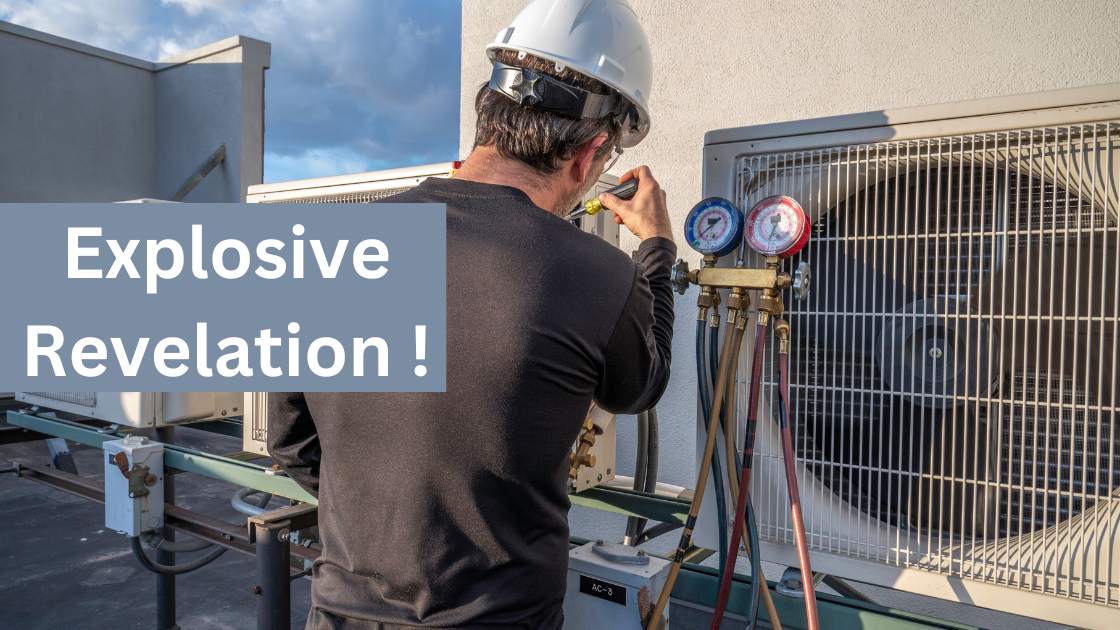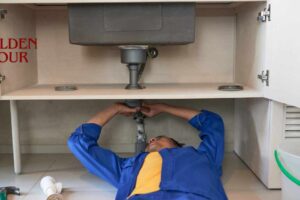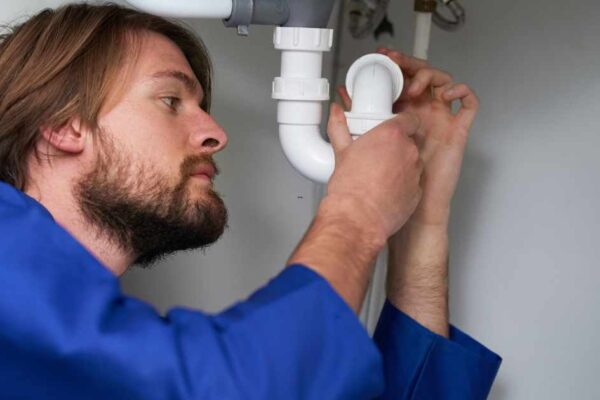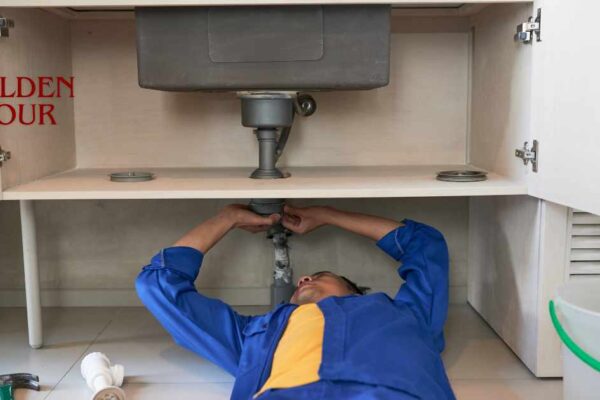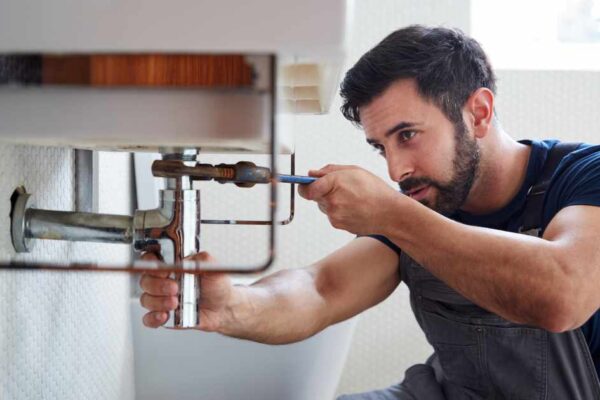As the summer heat intensifies, air conditioning becomes a lifeline for many, providing a cool and comfortable escape from the sweltering temperatures. However, a common question that arises among conscientious users is whether running the air conditioner contributes to the wastage of gas. In this article, we will delve into the mechanics of air conditioning systems to determine whether they indeed waste gas and explore ways to optimize their efficiency.
Unraveling the Mystery: Does Air Conditioning Waste Gas?
Understanding the Basics
Contrary to popular belief, traditional residential air conditioning units do not use gas in the same way a car uses gasoline. Instead, they rely on electricity to power the compressor, which circulates refrigerant through a closed-loop system. The refrigerant absorbs heat from indoor air and releases it outside, providing the cooling effect.
Electricity Consumption and Indirect Impact
While air conditioners themselves do not directly consume gas, their operation relies on electricity, and the source of that electricity may involve the burning of fossil fuels, such as natural gas, coal, or oil, in power plants. This means that, indirectly, the energy used to power your air conditioner can contribute to gas consumption and associated environmental impacts.
Energy Efficiency Matters
The key to minimizing the indirect gas consumption associated with air conditioning lies in enhancing the energy efficiency of both your cooling system and the power grid. Investing in a high-efficiency air conditioner, proper insulation, and regular maintenance can significantly reduce the amount of electricity required for cooling.
Renewable Energy Solutions
One effective way to mitigate the indirect impact of air conditioning on gas consumption is to transition to renewable energy sources. By harnessing solar, wind, or other sustainable energy options, you can power your air conditioner without relying on fossil fuels, thereby reducing your carbon footprint.
Optimizing AC Usage
To further minimize any indirect contribution to gas waste, consider optimizing your air conditioning usage. Use programmable thermostats to regulate temperature based on your schedule, close curtains during the hottest parts of the day, and ensure proper insulation in your home to retain cool air efficiently.
FAQs
Does running my air conditioner contribute to gas consumption?
Directly, air conditioners do not use gas; they rely on electricity to operate. However, the electricity they consume may be generated from fossil fuels, such as gas, at power plants. To minimize this indirect impact, consider energy-efficient appliances and explore renewable energy sources.
Can using a more energy-efficient AC reduce its contribution to gas waste?
Yes, investing in an energy-efficient air conditioner can significantly reduce the overall electricity consumption. This not only lowers your energy bills but also minimizes the indirect contribution to gas consumption from power plants. Regular maintenance and proper insulation further enhance efficiency.
Is there a way to use my air conditioner responsibly to reduce its environmental impact?
Absolutely. To use your air conditioner responsibly, consider optimizing its usage with programmable thermostats, closing curtains during peak heat, and ensuring proper home insulation. Additionally, exploring renewable energy sources, like solar or wind power, can further reduce the indirect gas consumption associated with electricity production.
Final Thought
In conclusion, while air conditioners themselves do not directly waste gas, the electricity they consume can be sourced from fossil fuels, contributing to overall gas consumption. The key is to focus on energy efficiency, invest in renewable energy solutions, and optimize your air conditioning usage. By taking these steps, you can enjoy a cool and comfortable environment while minimizing the environmental impact associated with gas consumption.

